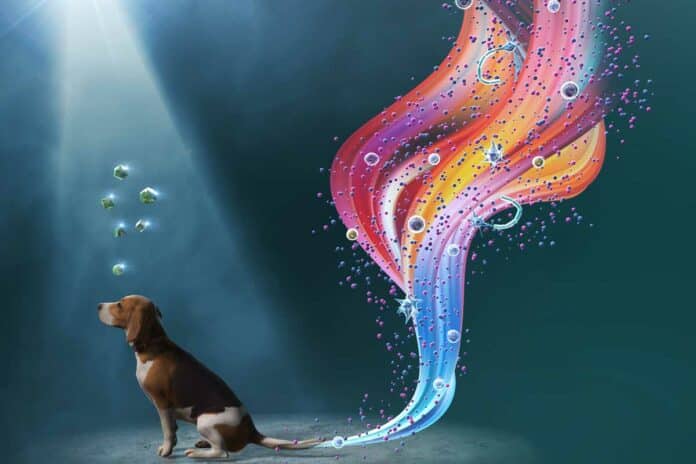Induced pluripotent stem cells (iPSCs) have been a valuable tool in human reproductive medicine. As interest in advanced medical care for pets like dogs and cats grows, iPSC-based therapies could also benefit these companion animals. However, a challenge arises because the cells from dogs don’t reprogram as efficiently as those from humans, which means fewer types of dog cells can be used to create iPSCs.
In the process of inducing iPSCs, feeder cells from another species are commonly used. However, because of the risks involved, reducing the use of these xenogeneic components is often recommended.
Professor Shingo Hatoya and Dr. Masaya Tsukamoto, leading a research team from Osaka Metropolitan University‘s Graduate School of Veterinary Science, have developed a new method to reprogram canine stem cells using urine samples efficiently. This non-invasive and pain-free approach brings us closer to using regenerative treatments for our furry companions.
They discovered six specific genes that significantly enhance the generation of canine iPSCs, increasing efficiency by about 120 times compared to traditional methods that use fibroblasts.
The researchers successfully created iPSCs from cells found in urine using a non-invasive and painless technique. Moreover, they achieved this without needing feeder cells, which was previously impossible. Their groundbreaking work paves the way for regenerative medicine and genetic disease research in veterinary medicine. They plan to share their findings with the global research community to advance these fields further.
Professor Hatoya said, “As a veterinarian, I have examined and treated many animals. However, many diseases still cannot be cured or have not been fully understood. In the future, I am committed to continue my research on differentiating canine iPSCs into various types of cells and applying them to treat sick dogs, hopefully bringing joy to many animals and their owners.”
Journal Reference:
- Masaya Tsukamoto, Kazuto Kimura, Takumi Yoshida, Miyuu Tanaka, Mitsuru Kuwamura, Taro Ayabe, Genki Ishihara, Kei Watanabe, Mika Okada et al. Generation of canine induced pluripotent stem cells under feeder-free conditions using Sendai virus vector encoding six canine reprogramming factors. Stem Cell Reports. DOI: 10.1016/j.stemcr.2023.11.010
